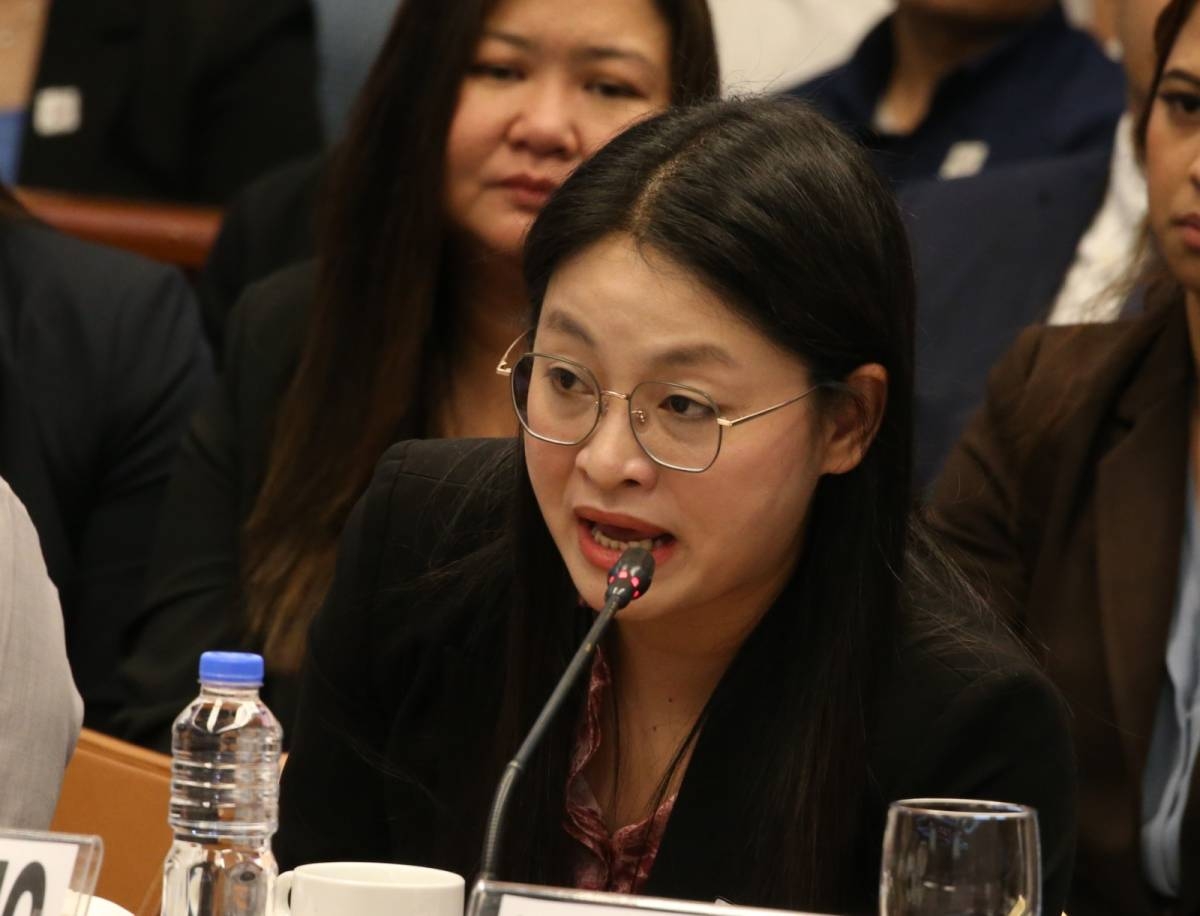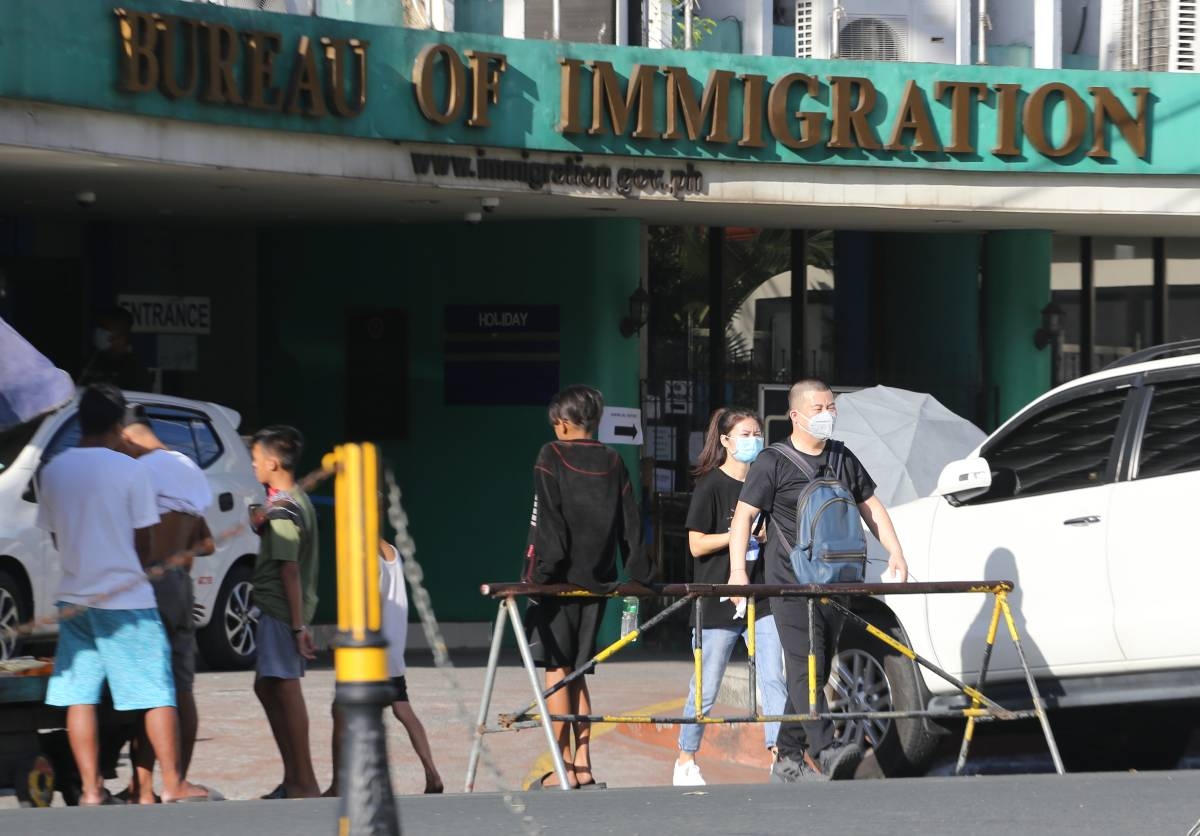The Court of Ministers has recently issued a verdict, resulting in the imprisonment of a former minister, a former undersecretary, a former head of the Federation of Associations, and a merchant for a period of 7 years. This decision was reported by Al-Qabas Daily.
The ruling was made after it was proven beyond doubt that the defendants had obtained illegal interest and profit by manipulating the assignment of a tender to a specific individual, bypassing the legal procedures that should have been followed. The court examined conclusive evidence that clearly implicated the defendants in profiteering, and it was determined that they knowingly granted the tender to the aforementioned merchant, thereby enabling them to make illicit gains.
This verdict sends a strong message that corruption and abuse of power will not be tolerated in our society. It serves as a reminder that those who engage in such activities will face severe consequences, regardless of their position or influence.
For the Filipino Overseas Filipino Workers (OFWs) in Kuwait and their families, this ruling holds significant implications. It highlights the importance of transparency, fairness, and adherence to legal procedures in all aspects of governance and business transactions. It serves as a reassurance that efforts are being made to combat corruption and ensure a level playing field for all individuals involved.
As OFWs, it is crucial to be aware of the potential risks and challenges that may arise in foreign countries. This case underscores the need to be vigilant and cautious when dealing with government officials and business entities. It is essential to understand and follow the laws and regulations of the host country to protect oneself from being involved in any illicit activities.
Furthermore, this ruling emphasizes the significance of reporting any suspicious or corrupt practices that one may encounter. OFWs should be encouraged to come forward and report any instances of misconduct or abuse of power. This not only helps in the fight against corruption but also contributes to the overall well-being and welfare of the Filipino community in Kuwait.
The Filipino government, through its embassy and consulates, should continue to provide information and support to OFWs, educating them about their rights and responsibilities while working abroad. They should also establish channels for reporting any grievances or concerns, ensuring that the voices of the OFWs are heard and their rights protected.
Ultimately, this verdict serves as a reminder that justice can prevail, even in cases involving influential individuals. It is a testament to the commitment of the legal system in upholding the principles of fairness and accountability.
As members of the Filipino community in Kuwait, it is essential to stay informed and engaged in matters that affect our well-being and rights. By being proactive and aware, we can contribute to the creation of a just and transparent society, both in Kuwait and in our home country.
Let this ruling be a catalyst for change and a call to action for all individuals to uphold integrity and honesty in all aspects of their lives.







